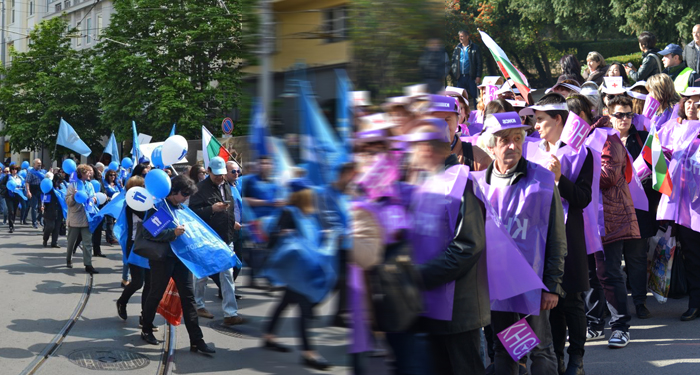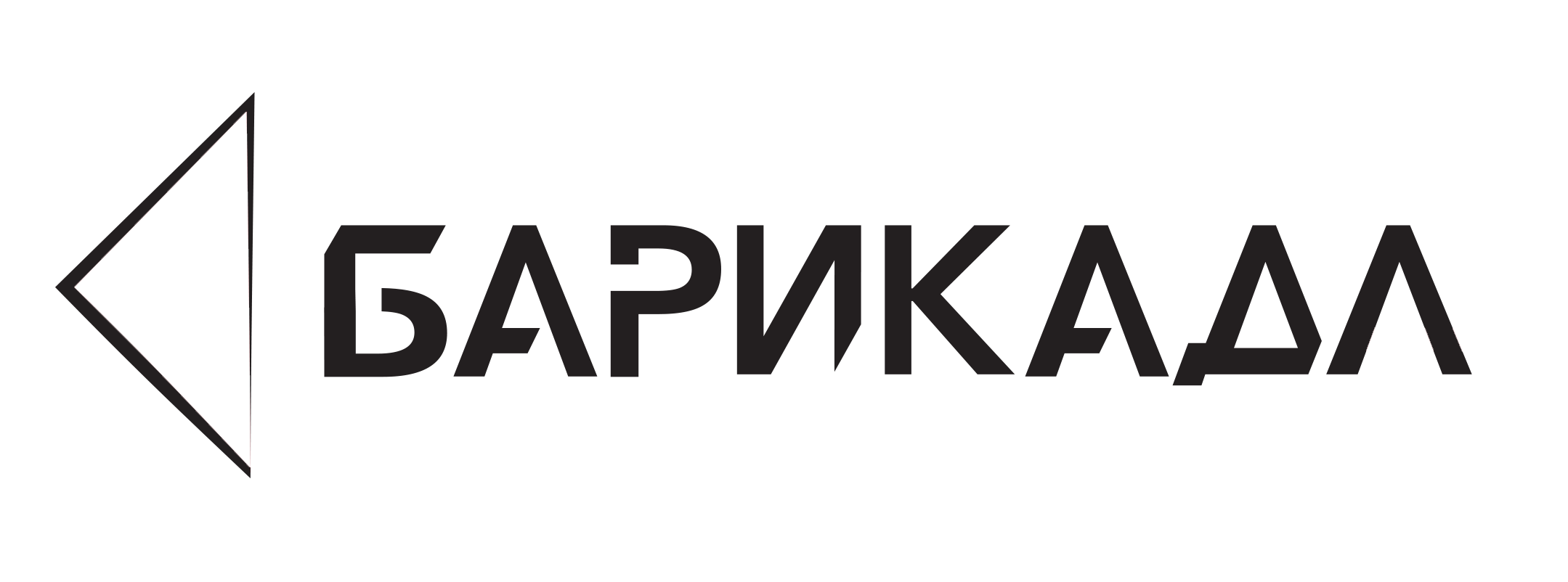
The Confederation of Independent Trade Unions in Bulgaria (KNSB) and the Podkrepa Labor Confederation (KT „Podkrepa“) have officially united around a position against the ideas of the Borisov 3 cabinet and the governing majority for a major easing of the import of workers from countries outside the European Union .
At the beginning of the month, a majority in the parliament adopted in the first reading a government bill aimed at easing the rules and mechanisms for importing workers, and shortly after in the procedure between the first and second reading, 7 deputies from GERB and „United Patriots“ introduced more more scandalous corrections in this direction . On February 21, at 2:30 p.m., the full version of the bill will be considered by the competent parliamentary committee, and its final adoption in the second reading in the plenary hall is expected next week.
KT Podkrepa strongly objected to some of the changes already during the meeting of the Tripartite Council for National Cooperation at the end of January, which, in violation of the law, was held after, and not before, the cabinet’s bill was submitted to the National Assembly. Subsequently, the BSP, and then the KNSB, joined the sharp position of the KT „Support“ during the debates in the parliament during the first reading.
The topic was also discussed in the „Referendum“ program on BNT on February 20 , when at the end of the debate, about 70% of the respondents in the „Alpha Research“ study declared against the eased hiring of workers from non-EU countries.
Hours before the amendments were debated in the labor and social policy committee, the two largest trade union confederations sent a joint statement to parliament, declaring clearly that they do not support the proposed texts.
„KNSB and KT Podkrepa, as defenders of the rights of Bulgarian workers and employees, are disturbed by the submitted proposals for amendments and additions to the Labor Migration and Labor Mobility Act (ZTMTM). The officially stated goal of the Labor Migration and Labor Mobility Act is the introduction of Directive 2016/ 801 of the European Parliament and of the Council of 11 May 2016 on the conditions for entry and residence of third-country nationals for the purpose of conducting scientific research, study, internship, volunteering, student exchange programs or educational projects and work on programs “ au pair“. According to these texts from the ZID of ZTMTM, which reflect Directive 2016/801, the social partners have reached an agreement and have no differences“, the unions specify at the beginning of their statement.
KT „Support“ and KNSB, however, do not support the texts in the ZID of ZTMTM, as well as the proposals for change submitted by people’s representatives after voting on the bill in the first reading, which are against the interests of Bulgarian and European citizens, namely:
- Increasing the percentage of third-country nationals employed in an individual enterprise from 10% to 20% for large enterprises and to 35% for small and medium-sized enterprises. We remind you that small and medium-sized companies are 99.8% of all Bulgarian enterprises! In addition, there is no proven need to take such a step. Statistics show that over the past 18 months, only 10 employers have asked to hire third-country nationals above the legal 10%. These inquiries are from 9 micro firms (under 10 workers), only one is a small firm with a staff of 40 people.
- There is no assessment of the needs of the Bulgarian labor market, which would prove that it is necessary to drop both the market test for the „EU Blue Card“ permit and the list of professions for which there is a shortage of highly qualified workers linked to this permit. We remind you that on the proposal of the employers only 20 days ago, the Minister of Labor and Social Policy approved three new single groups of professions – engineers in industrial production, chemical engineers and electrical engineers. Currently, the List of professions for which there is a shortage of highly qualified workers as of 01.30.2018 includes 13 individual groups of professions and over 1000 positions. For them, foreigners, third-country nationals, can be hired without a market test.
- The cancellation of the obligation of the Minister of Labor and Social Policy to request opinions from the social partners in cases where the employer wishes to obtain a work permit for foreigners more than 10% of the average number of employed Bulgarian and European citizens for the previous 12 months through adding „might“ is an unwise thing to do. Thanks to additional inspections carried out by the two unions in recent months, it was established that two of the companies do not comply with Bulgarian legislation to the detriment of Bulgarian workers. In this regard, we propose Art. 14, para. 2 of the ZTMTM to be supplemented with the following text: „the minister of labor and social policy shall request the opinions of the social partners within the terms for the relevant permit for access to the labor market, determined by law“.
KT Podkrepa and KNSB emphasize that they will categorically oppose all attempts to conduct labor and social dumping in Bulgaria. „The claims and assessments of various „experts“ about the business’s needs for personnel and good working conditions, which will attract tens of thousands of third-country nationals to Bulgaria, turn out to be groundless. Official data show that in 2017, they gained access to the Bulgarian market of labor, there are 5,156 foreigners from 52 countries outside the EU, with nearly 4,000 registered for short-term employment – seasonal employment and posted for up to 90 days. Only 78 decisions were made to refuse access to the labor market of third-country nationals. The refusals mark an increase due to non-compliance with the procedures and presentation of documents that do not meet the legal requirements,“ the unions wrote to the deputies.
KNSB and KT „Support“ categorically state that the shortage of personnel must first be proven with clear, unambiguous official data, which currently does not exist. If and where such is established, it cannot be compensated by „importing“ workers from third countries, but by decisive measures to stimulate Bulgarian citizens to stay and work in their own country. The import of workers is a short-term measure that does not bring socio-economic security to society, including and business, say the unions.
They add that the Bulgarian labor market needs an increase in labor income, provision of opportunities for work and personal development, safe and healthy working conditions and an increased standard of living in order to retain economically active and educated Bulgarian citizens in Bulgaria. „Policies for the return of Bulgarian citizens to their homeland can provide the necessary and missing labor force for the development of the economy in the country“, the unions are categorical.
